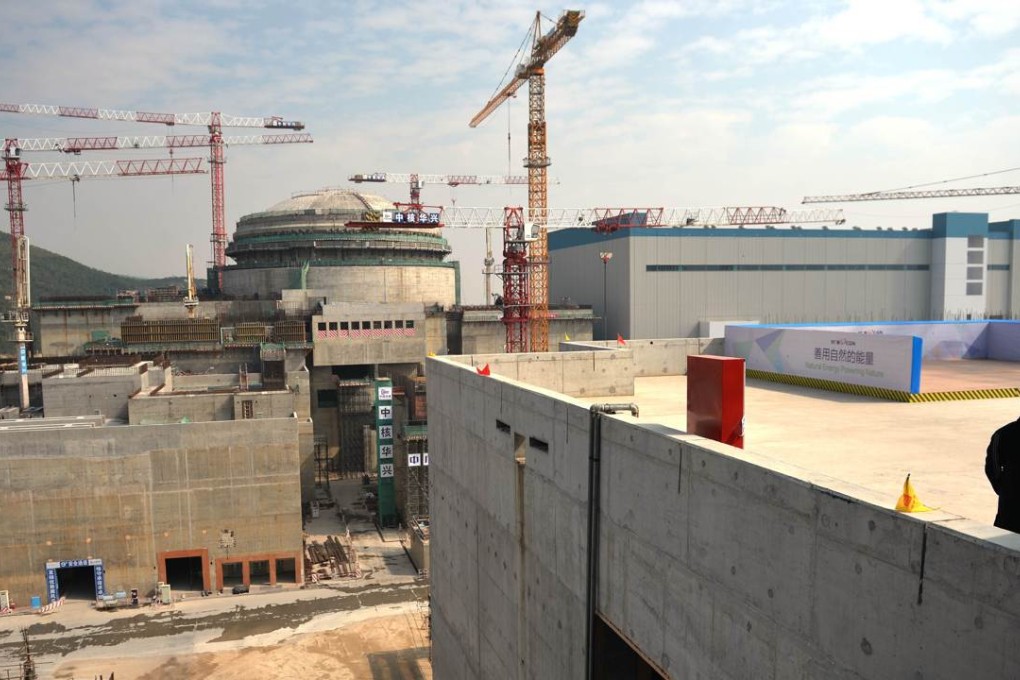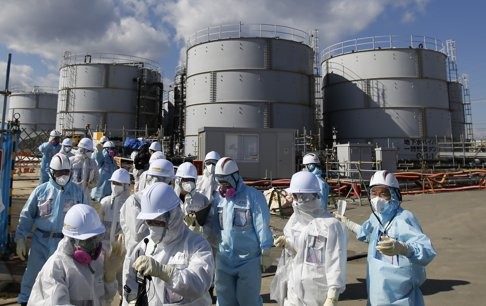China’s global nuclear power ambitions depend on safety
The nation’s first white paper on nuclear energy makes clear that above all else must come safety and security, and its measures and recommendations have to be followed and enforced

Nuclear plants produce electricity cleanly, reliably and efficiently. That is why China has embarked on a programme to triple generation by 2020. With 27 reactors, the reduction in pollution is impressive and with a further 25 under construction, that will increasingly be so. But the rush to end a reliance on power from polluting coal cannot come with excessive haste; the nation’s first white paper on nuclear energy makes clear that above all else must come safety and security.
READ MORE: China admits nuclear emergency response ‘inadequate’ as safety fears delay construction of two Guangdong reactors
Proving the point, construction of two latest generation reactors in Guangdong has been halted over safety concerns. That is as it should be; accidents at Fukushima in Japan in 2011, Chernobyl in Ukraine in 1986, and at Three Mile Island in the US in 1979 highlight why safety has to always come first. Poor oversight, management and safety standards were behind the disasters. The paper details policies and measures to boost emergency preparedness and strengthen security.

Lessons learned from overseas accidents have ensured Chinese reactors have a good safety record. Techniques, supervision and management have been improved to the point that incidents recorded rank low on an internationally recognised events scale. But there is always room for improvement. There are gaps in transparency, communication and education; citizens have to be kept informed of plans, risks and incidents and need to better understand nuclear energy and how it is produced. The challenge of disposing of nuclear waste is a problem the world has yet to find a suitable solution for.
READ MORE: Chinese President Xi Jinping tipped to attend nuclear summit in US
Nuclear reactors are among industries China is exporting to showcase its growing technological prowess. A contract has been signed to build the first Chinese plant in the West, in Britain, and constructing two reactors was part of the deal to limit Iran’s nuclear programme. Ambitions at home and abroad depend on the highest possible safety standards. That need has been recognised by the white paper and its measures and recommendations have to be followed and enforced.